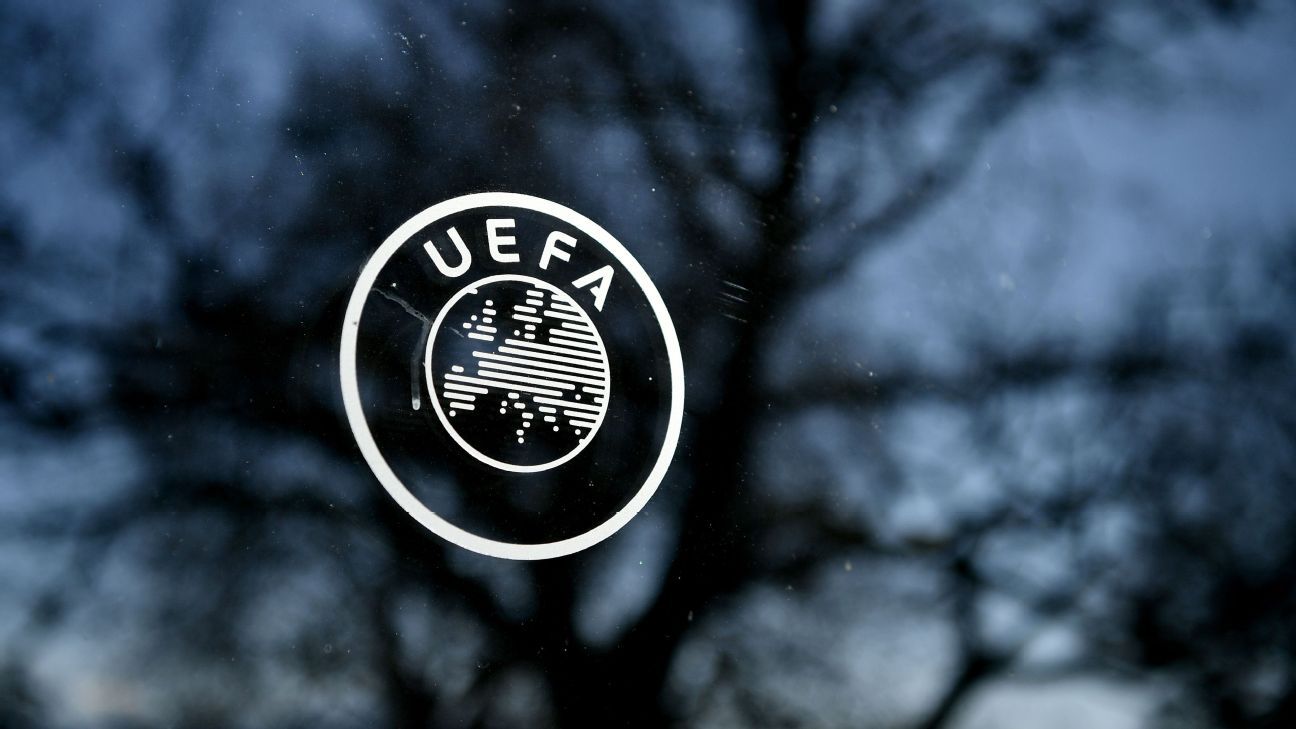
Matt Long encourages you to consider a more refined approach to adapting to Covid-19
Popular culture has responded with vigour to the challenges posed to the limitations of daily exercise in the light of Covid-19.
Joe Wicks seems more popular than ever and legends from decades gone by including the ‘Green Goddess’ and ‘Mr Motivator’ are making daily comebacks on our screens. There’s absolutely nothing wrong with a generic approach to fitness but as event specific athletes we would expect a more cultured and informed approach.
Responding to adversity
“There is no education like adversity”, proclaimed the famous nineteenth century Prime Minster, Benjamin Disraeli. Almost 140 years since his passing, those words are as relevant as ever today because the human being is adaptable and will naturally find creative ways to survive and adapt.
That doesn’t mean head to your back garden or balcony and run a marathon as a number of well publicised and highly commendable runners have. It’s normal to feel disorientated at this point in time. This may be causing you stress but all the time your cognitive frames of reference are beginning to re-orientate themselves.
A more cultured approach
Your re-orientation should begin with a refocussing on the way in which you block your training.
The original ‘Flying Finn’ and nine-time Olympic gold medallist, Paavo Nurmi, was coached by Lauri Pihkala. He was an early pioneer of what we would nowadays term ‘periodisation’. Evidence suggests that Pihkala was influenced by some of the thinking of the Russian physiologist, Ivan Pavlov. The experiments conducted with salivating dogs and bells way back in the 1890s and what would become known as ‘classical conditioning’ were a precursor to understanding how athletes responded to periodised training.
A more structured approach to planning in sport came about through the pioneering work of Leo Matveyev in the 1960s. As a product of the Soviet Union’s Communist Ideology, who was socialised into the value of centralised planning, he was able to make distinctions between generic and specific preparation periods and thus offer a more structured approach to planning.
Periodisation
Figure 1 (below) shows a double peak model of periodisation and assumes you have had a winter season on the indoor boards or over the country. We should now be moving from the second specific preparation phase (5) to the second pre-competition phase (6), but (7) may not occur till July or later or perhaps not at all this year!
Figure 1 Double peak model of periodisation
My own thematic analysis of numerous social media pages and running chat forums reveals that athletes are gravitating towards one of two polar positions. Polar position A, on the one hand, is characterised by those who tend to express the sentiment, “I am going to compete whenever the track and field system commences”. Polar position B, on the other hand, tends to the position adopted by those who say, “I have effectively written off this track and field season and will commence competing over the country and/or indoors towards the end of 2020”.
These are binary positions and there may be alternative positions along the spectrum but you need to retain the notion of periodisation as your starting point. You still need to start in the future and work backwards if you can.
The way forward
There are advantages and disadvantages of both polar positions. The advantages of trying to stay ‘competition ready’ are that, firstly, you remain to some extent goal focused, which is good psychologically. Secondly, you have spent winter months building aerobic base and you need ‘somewhere to go’ with it. Thirdly, you can try and replicate the pre-competition mode of the periodisation cycle.
On the other hand, the disadvantages are that, firstly, the resumption of competition is something which is out of your control. Secondly, you will not get a full season whatever happens and thirdly, you risk too much overload (and thus injury) by giving in to the temptation to cram a season into August and September.
The advantages of ‘writing off’ the summer season are that, firstly, it may take away the stress caused by uncertainty. Secondly, it allows your focus to be on maintaining health rather than event specific fitness. Alternatively the disadvantages are that you may find motivation difficult without having a goal and additionally you may regret not ‘being in shape’ if competition suddenly resumes later this summer.
Questions for self-reflection:
1. Why is it important that I keep up to date with advice from Public Health England and the governing bodies of our sport?
2. In what ways have I adapted my training environment light of the advice about social distancing?
3. How might I like to revisit my plans over periodisation in the context of the deferral of commencement of spring or summer competition?















 Phone: (800) 737. 6040
Phone: (800) 737. 6040 Fax: (800) 825 5558
Fax: (800) 825 5558 Website:
Website:  Email:
Email: 






